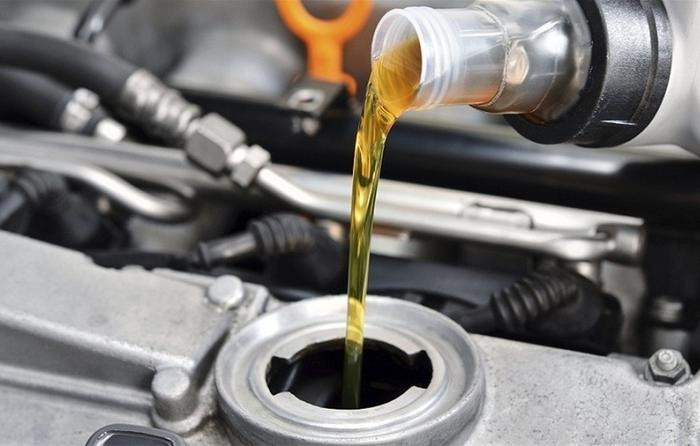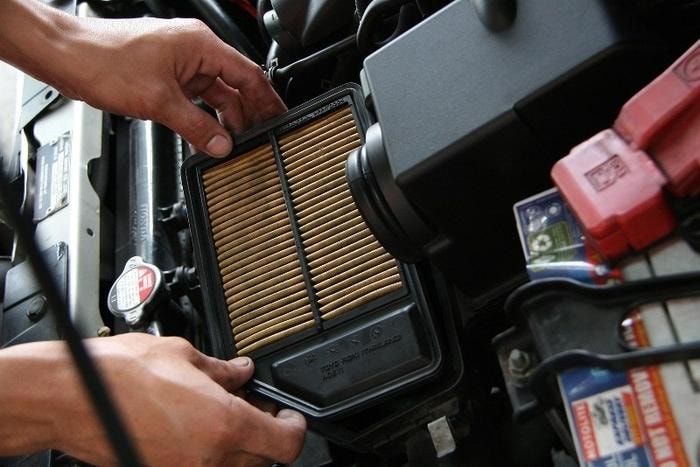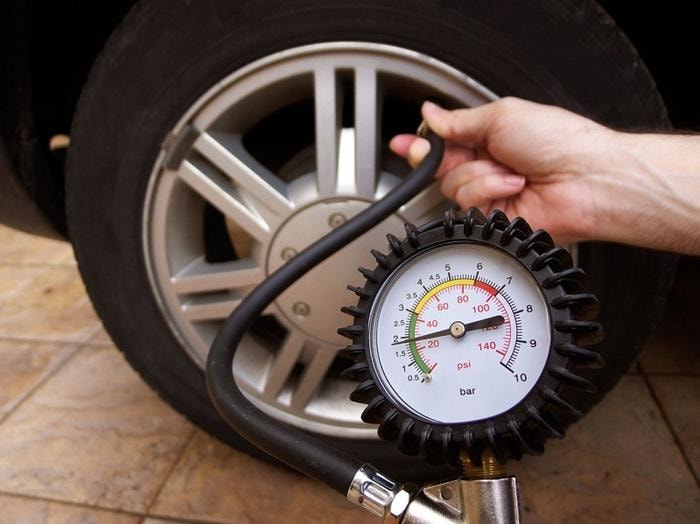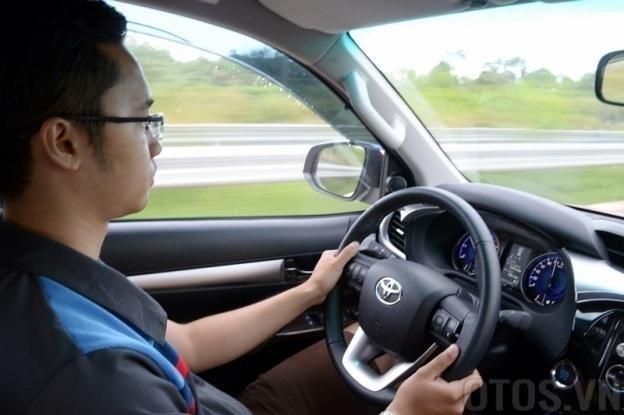'Diagnosing' car fuel consumption
(Baonghean.vn) - After a period of use, cars may have problems that lead to abnormal fuel consumption. With this situation, drivers need to "correctly diagnose the problem" to have a timely treatment plan.
Coolant temperature sensor error
The coolant temperature sensor is mounted on the side of the engine, in direct contact with the coolant and is made of resistors. When the sensor is faulty, it will report a lower deviation than the actual temperature.
As a result, the ECU registers that the engine is cold even though the engine is actually hot, so the amount of fuel injected into the engine will be more than normal. If this condition persists, it will waste fuel for the vehicle.
Long time no change engine oil
 |
When you forget to change the engine oil for a long time, the lubricating ability of the oil is no longer effective, thus leading to greater friction when the engine is running and making the machine hotter. Therefore, your car will "consume" more gasoline than normal.
Low compression ratio
The combustion process and engine performance depend greatly on the pressure at the end of the compression process. Working too much causes the piston rings and valves to wear out, creating gaps. Unstable compression pressure causes the engine to consume fuel. For vehicles that have traveled 160,000 km (equivalent to 8 years of use), fuel consumption can increase significantly due to poor engine compression ratio.
Filter dirty air
 |
Dirty air filter hinders normal engine operation, increases fuel consumption; should check and clean air filter periodically from 3 to 6 months.
Clogged drain
Any obstruction in the exhaust system increases exhaust pressure, thereby increasing fuel consumption. If the cause of the blockage is due to a distorted or folded pipe due to a collision, it must be restored to its original condition.
In case of clogged catalytic converter, use a pressure differential tester to check the pressure difference between the intake and exhaust at idle. If this difference decreases, it means that the catalytic converter is clogged.
Clutch slip or hydraulic torque converter
A slipping clutch on a manual transmission or an inefficient lock-up on an automatic transmission will increase cooling loss. This results in wasted engine power.
Low tire pressure
 |
In case the tire pressure is too low, the tire will wear on both sides because it only contacts the road surface with two sides of the tire, which will lead to increased fuel consumption due to high rolling resistance. According to estimates, if the tire pressure is below standard by about 3PSI (1kg/cm2 = 14.22 PSI), the car will consume 1-2% more fuel. In addition, low tire pressure also reduces tire life by 10-15%.
Worn or dirty spark plugs
Worn or dirty spark plugs increase misfires, misfires or incomplete combustion. Spark plugs with platinum or iridium electrodes have an average life of about 100,000 miles. However, their quality decreases if they become contaminated.
To fix this problem, remove the electrodes, check and clean them if any. Adjust the gap according to the manufacturer's recommendations. Replace the spark plugs if necessary.
Driver habits
 |
In addition to technical reasons, bad habits of the driver also affect the fuel consumption of the vehicle; such as: sudden acceleration and deceleration causing fuel consumption 4-5 times, carrying too heavy loads on the vehicle, not turning off devices when not needed, forgetting to turn off the air conditioner when using natural air, etc.
Ngoc Anh
(Synthetic)
| RELATED NEWS |
|---|
